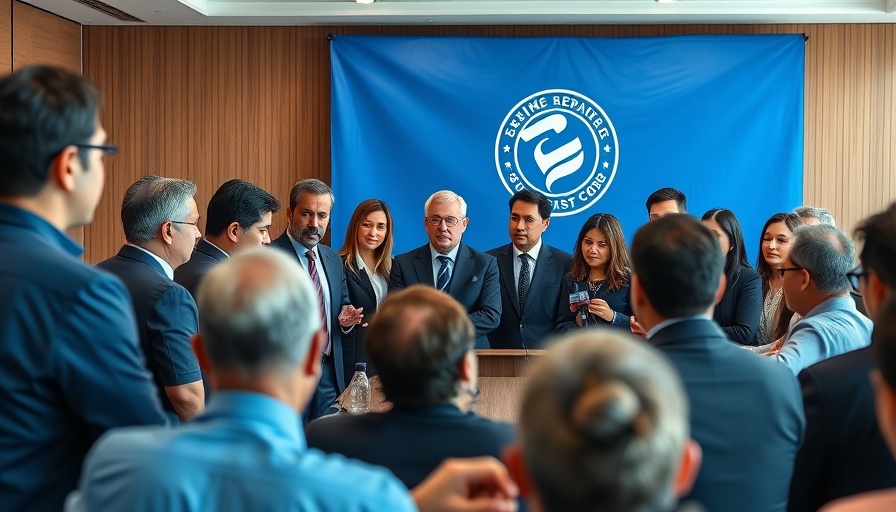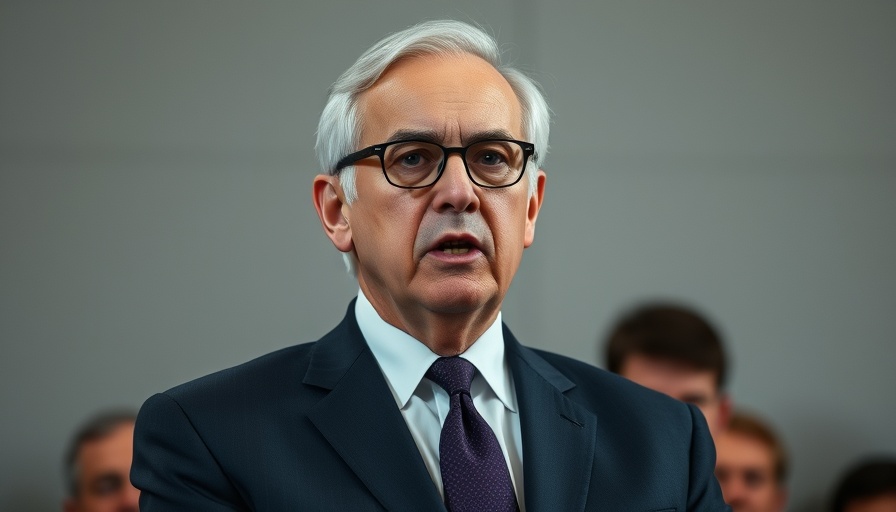
Ukraine Faces Unprecedented Aerial Assault Amid Political Tensions
In a dramatic escalation of conflict, Ukraine has faced its most severe aerial attack to date with a staggering array of 728 drones and 13 missiles targeted at cities across the nation. President Volodymyr Zelensky condemned this 'telling attack,' emphasizing that it coincides with renewed peace efforts and calls for a ceasefire, efforts that are continuously thwarted by Russia.
Trump's Controversial Critique of Putin
The intensity of the attack has received notable mention from U.S. President Donald Trump, who has expressed growing frustration toward Russian President Vladimir Putin. Trump's candid remarks reflect a mix of frustration and skepticism regarding Putin's assurances. In a recent press conference, Trump stated, 'We get a lot of bullshit thrown at us by Putin,' emphasizing the gap between communication and genuine diplomatic progress.
Implications of Military Aid Decisions
This criticism comes on the heels of a recent suspension of military aid to Ukraine, a decision attributed to senior defense officials and allegedly made without Trump’s prior knowledge. Reports indicate that this suspension might soon be reversed, with plans for the U.S. to send vital military equipment, including 10 Patriot missile systems, essential for countering Russia's persistent assaults.
Overview of Sanctions and Future Steps
In parallel with military support, Trump is contemplating a sanctions bill proposed by Senator Lindsey Graham, aiming to impose significant tariffs on countries engaging with Russia. Despite prior commitments to sanctions, action has yet to materialize, leading to speculation about Trump's commitment to strong repercussions against the Russian regime. Trump’s fluctuating stance raises questions about future U.S. policy in the region and the effectiveness of sanctions as a tool for diplomacy.
As the situation evolves, the need for strategic decisions about military aid and international diplomacy becomes crucial for Ukraine and its allies. The urgency for a united response to Russia's unrelenting aggression is more critical than ever, highlighting the intricate balance between military and diplomatic efforts in achieving peace.
 Add Row
Add Row  Add Element
Add Element 



Write A Comment